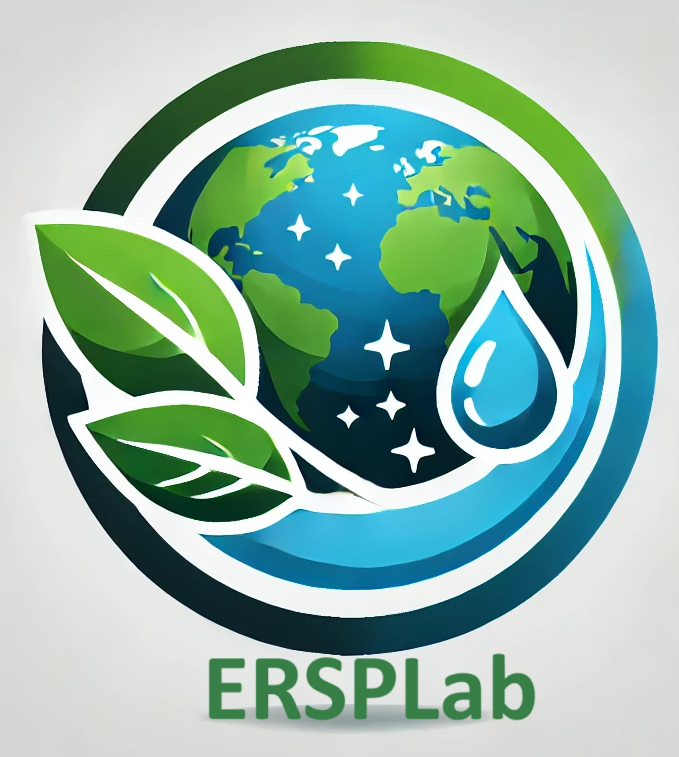Aligning Agritech with Sustainable Development Goals: A Path to Future Growth
Agricultural Technology (Agritech) represents a rapidly evolving and dynamic field focused on integrating cutting-edge innovations and technological advancements into the agricultural sector. This burgeoning domain encompasses a diverse array of tools, techniques, and solutions specifically designed to enhance productivity, ensure sustainability, and optimize processes throughout the agricultural value chain.
At the heart of agritech lies the seamless fusion of modern technology with traditional farming practices, creating a synergy that addresses some of the most pressing global challenges. With the world population expected to approach nearly 10 billion by 2050, the demand for food production is set to escalate dramatically. This surge in demand underscores the need for transformative approaches in agriculture to bridge the gap between limited resources and the necessity for higher yields.
Agritech innovations span a wide spectrum, from precision agriculture and smart irrigation systems to automated machinery and advanced genetic engineering. Precision agriculture, for example, leverages sophisticated technologies such as GPS mapping, remote sensing, and data analytics to enable farmers to monitor and manage crops with unprecedented accuracy. By harnessing real-time data on soil conditions, weather patterns, and plant health, farmers can make well-informed decisions about planting, irrigating, and applying fertilizers or pesticides. This precise approach not only maximizes yields but also minimizes resource waste, ensuring a more efficient and sustainable farming process.
Smart irrigation systems represent another pivotal aspect of agritech. Utilizing IoT-enabled sensors, these systems monitor soil moisture levels and deliver water precisely where and when it is needed. This targeted irrigation method conserves water and prevents over-irrigation, which can lead to soil erosion and nutrient leaching. Similarly, vertical farming and hydroponics allow for the cultivation of crops in controlled environments with minimal land and water use, significantly reducing the ecological footprint of agriculture.
Automated machinery and robotics are revolutionizing labor-intensive tasks in agriculture. Autonomous tractors, harvesters, and drones streamline processes, reduce the time and effort required, and mitigate the risks of human error. The result is higher-quality produce and increased efficiency across the board.
Moreover, agritech plays a vital role in promoting sustainability and environmental stewardship. Traditional agricultural practices often contribute to soil degradation, water scarcity, and greenhouse gas emissions, threatening the long-term viability of farming. Agritech addresses these challenges by offering solutions that promote sustainable resource management. For instance, the development of climate-resilient crops through genetic engineering and biotechnology helps farmers cultivate varieties that can withstand extreme weather conditions, resist pests and diseases, and thrive in marginal soils. These advancements are crucial for maintaining food security in the face of climate change.
Beyond the farm, agritech extends its influence to the entire agricultural value chain. Digital technologies enhance transparency, traceability, and efficiency at every stage, from production and processing to distribution and consumption. Blockchain technology, for example, creates secure and transparent supply chains, enabling all stakeholders—farmers, processors, distributors, and consumers—to track the journey of agricultural products. This level of traceability ensures quality and authenticity, addressing food safety concerns and reducing food fraud.
E-commerce platforms and digital marketplaces connect farmers directly with consumers and businesses, eliminating intermediaries and enabling fairer prices for farmers while providing consumers with access to fresh, locally sourced food. Artificial intelligence and machine learning optimize logistics and inventory management, using predictive analytics to forecast demand and supply trends, reduce food waste, and ensure timely delivery of agricultural products to markets.
As global challenges such as food security, resource scarcity, and climate change grow more pressing, agritech has emerged as a critical component in reshaping the future of farming and food production. By integrating cutting-edge innovations and technological advancements, agritech holds the promise of creating a more efficient, resilient, and equitable agricultural system. Through collaboration among governments, researchers, entrepreneurs, and farmers, agritech innovations can be harnessed to benefit communities worldwide, ensuring a sustainable and secure food supply for future generations.
